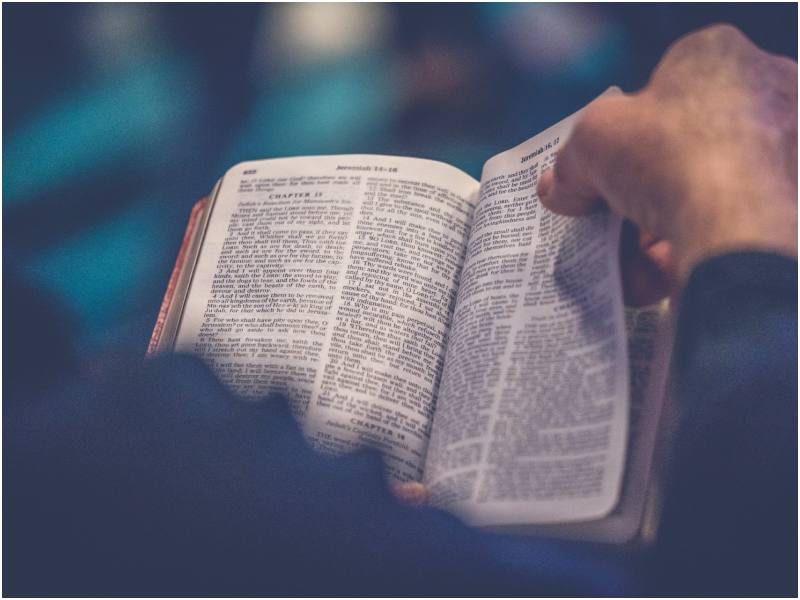The Texas State Board of Education (SBOE) has approved an optional Bible-centered curriculum for elementary schools, sparking a heated debate between advocates for religious inclusion and critics concerned about potential biases in public education.
The decision passed narrowly, with an 8-7 Republican majority last Friday.
Details of the Curriculum
The approved material, developed by Bluebonnet Learning, integrates Biblical references into language arts lessons for students in kindergarten through fifth grade.
While the curriculum primarily focuses on mathematics and language arts for younger students, the inclusion of Biblical content has drawn both praise and criticism.
Supporters argue the curriculum enhances students’ understanding of Western history and literature, while opponents view it as an encroachment on secular education principles.
Supporters Praise First Amendment Opportunities
Mary Elizabeth Castle, Director of Government Relations for Texas Values, hailed the SBOE’s decision as a victory for free speech and religious expression:
“I am pleased with the SBOE’s decision today to respect students’ First Amendment rights to learn Bible references that will deepen their understanding of history and literature in the Western world. These materials were attacked for no other reason but to completely erase any mention of religion or the Bible from the classroom, which would create a hostile environment for free speech.”
Opposition Raises Concerns Over Religious Bias
However, the Texas chapter of the American Federation of Teachers (AFT) strongly opposed the move. Texas AFT President Zeph Capo criticized the approval as evidence of a broader push to insert religious agendas into public education:
“It is the latest evidence that Christian nationalists have bought their way into every governing body of the state, including the SBOE. And they will not stop with inserting Biblical content in English textbooks. We can anticipate what will come next, whether that’s the erasure of contributions of marginalized populations in social studies or the minimalization of climate change in science.”
Implications and Context
The approval comes in the wake of House Bill (HB) 1605, signed into law by Texas Governor Greg Abbott earlier this year. The law incentivizes school districts to adopt state-approved educational materials by offering additional funding, though districts are not mandated to use these resources.
Texas joins neighboring states like Louisiana and Oklahoma in navigating the contentious territory of incorporating Christian-focused educational materials into public schools. Recent legal battles in these states highlight the potential for challenges to Texas’s new curriculum.
In Louisiana, a federal court temporarily blocked a law requiring the Ten Commandments to be displayed in classrooms, though the decision was later partially reversed on appeal. Meanwhile, in Oklahoma, a coalition of parents, educators, and civil rights groups has filed a lawsuit in the state Supreme Court opposing a Bible curriculum mandate.
Legal and Educational Ramifications
The approval of the Bible-based curriculum underscores ongoing national debates over the role of religion in public education. Legal challenges could arise, testing the boundaries of the First Amendment’s Establishment Clause and its application to state-endorsed educational materials.

